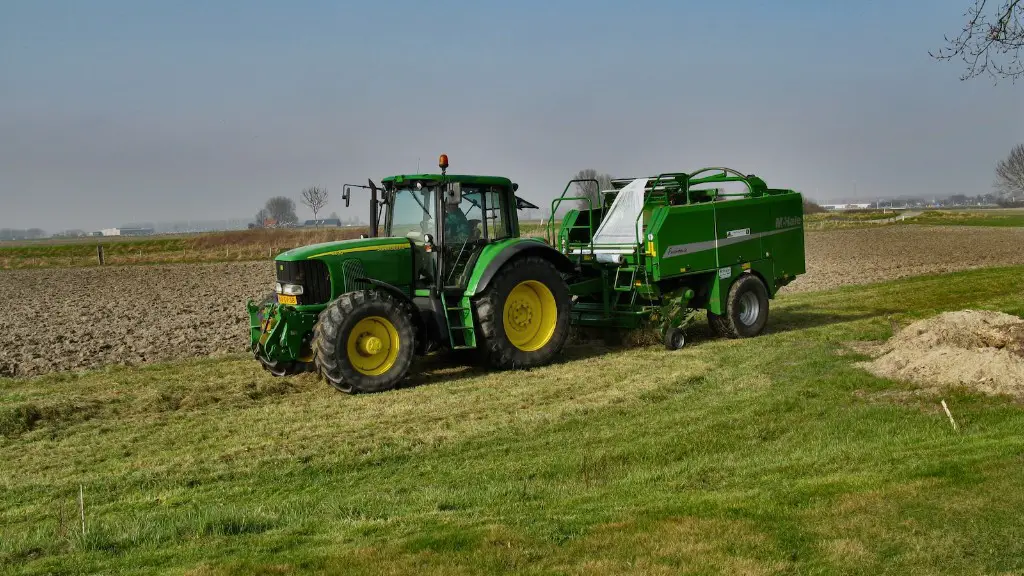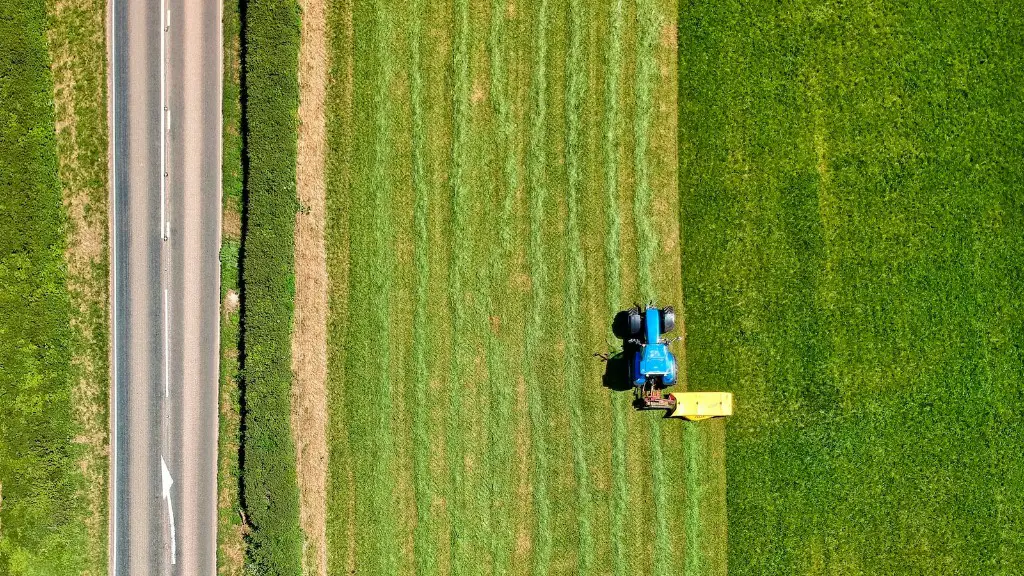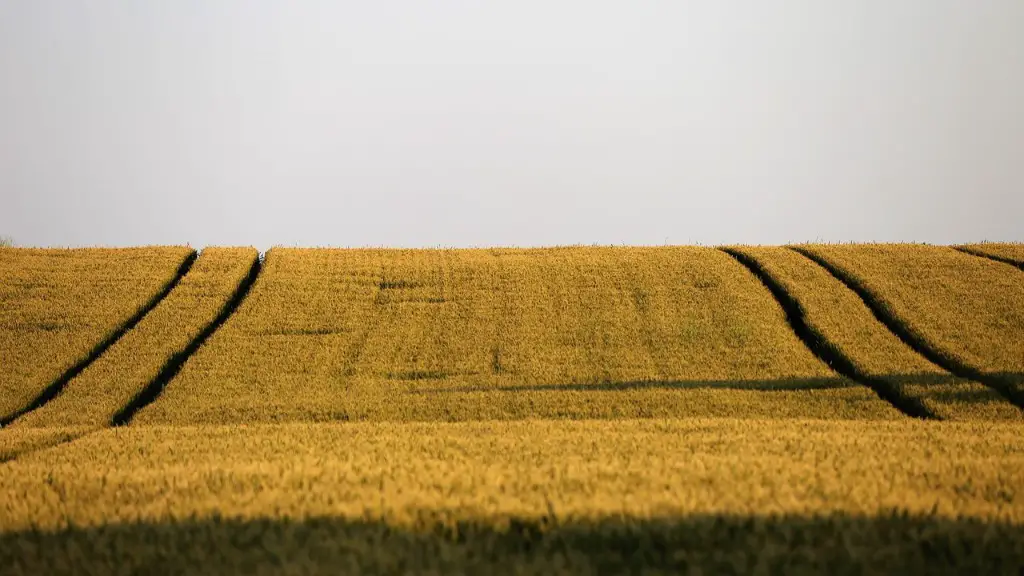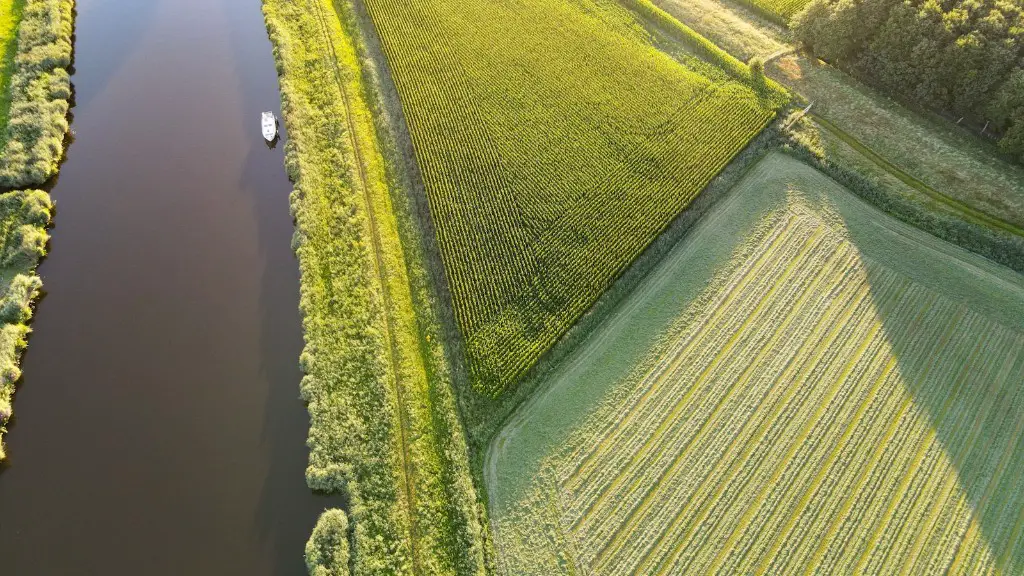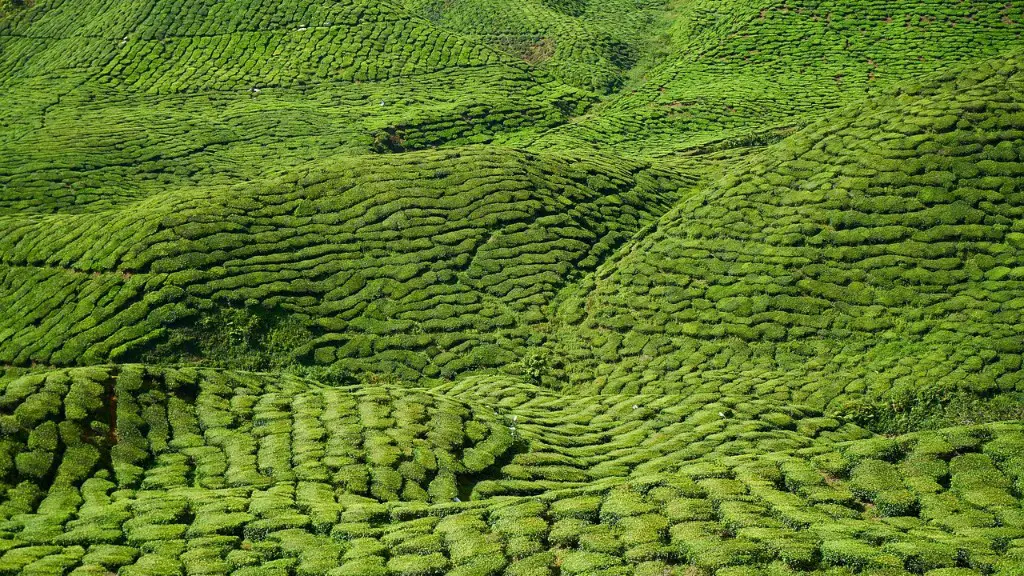The purpose of sustainable agriculture is to produce food and other crops in a way that does not damage or deplete the natural resources upon which future generations will depend. This type of agriculture takes into account the long-term impact of farming practices on the environment, the economy, and social welfare.
The purpose of sustainable agriculture is to create a system of food production that is environmentally sound, economically viable, and socially just.
What are the three broad goals of sustainable agriculture?
Sustainable agriculture is a term that is used to describe a variety of different farming practices and philosophies that aim to meet three main goals: environmental health, economic profitability, and social equity. A variety of different practices and policies can contribute to these goals, but there are a few common themes and principles that are often associated with sustainable agriculture. These include a focus on using natural resources in a way that is environmentally sustainable, using practices that are economically viable, and ensuring that social equity is a priority.
When agricultural operations are sustainably managed, it means that they are able to preserve and restore critical habitats, help protect watersheds, and improve soil health and water quality. WWF (World Wildlife Fund) is an organization that identifies and implements better management practices for agriculture.
What does sustainable agriculture prevent
Cover crops are an important part of sustainable agriculture and can provide many benefits to farmers. They can protect and build soil health by preventing erosion, replenishing soil nutrients, and keeping weeds in check, reducing the need for fertilizers and herbicides. Cover crops can also help to improve water quality and increase biodiversity on the farm.
Over the past 50 years, agricultural productivity growth has played a vital role in reducing poverty, increasing food security, decreasing land expansion and associated biodiversity loss, and mitigating greenhouse gas emissions. This growth has supported economic expansion that has put more money in farmers’ pockets and boosted rural economies.
What are the main concepts of sustainable agriculture?
Sustainability is a key concept in agriculture, encompassing economy, environment and society. A sustainable agricultural system is one which is profitable and has little or no impact on the environment, and one which has a social licence.
Agriculture is a vital part of our economy and way of life, but it must be sustainable in order to protect our environment and resources for future generations. To be sustainable, agriculture must meet the needs of present and future generations for its products and services, while ensuring profitability, environmental health, and social and economic equity. This means producing food, fuel, and other products in a way that conserves natural resources, protects our environment, and is economically viable. It also means providing good jobs and economic opportunities for farmers, ranchers, and other agriculture workers, while ensuring fair prices for consumers.
There are many ways to make agriculture more sustainable, such as using more efficient irrigation methods, planting cover crops, and using sustainable farming practices. We must also support policies that promote sustainable agriculture, such as investing in research and development, providing incentives for farmers to adopt sustainable practices, and creating markets for sustainable products.
Sustainable agriculture is essential to our future. By working together to promote sustainable practices, we can ensure a bright future for our industry, our environment, and our world.
What are 3 reasons why agriculture is important?
Agriculture is the main source of raw materials for many industries, including textile, pharmaceutical and food manufacturing.
It’s also a major player in international trade, with agricultural products accounting for a significant proportion of global exports.
In developed countries, agriculture represents a small percentage of the economy but in developing countries it can account for up to 50% of GDP.
Employment in agriculture is often vital for rural communities and can provide a good standard of living.
Agriculture is also crucial for a country’s development. In many countries, agriculture is the backbone of the economy and is a major driver of economic growth.
And finally, agriculture can also help heal the environment. Sustainable agriculture practices can help to combat climate change, protect biodiversity and reduce soil erosion.
There are a number of things that can be done to enhance environmental quality and natural resources. One is to use nonrenewable resources more efficiently. Another is to take better advantage of on-farm resources. Finally, employing natural and biological controls for pests and disease can also help to improve the environment.
What are the benefits of agriculture to the community
Agriculture is essential to society in many ways. It provides food for people to live on, habitat for wildlife, and jobs for people to work. It also provides raw materials for food and other products. Agriculture is important for trade and for building strong economies.
Farming is a good way to lead a healthy lifestyle while also providing a source of income in rural areas. Farm work can help to develop younger generations, while also helping the environment to thrive.
What is the most important benefit of agriculture?
The importance of agriculture as a source of raw material for other industries cannot be overstated. Without a steady supply of agricultural products, many industries would struggle to survive. Agricultural products are a vital source of raw material for many different industries, and as such, play a crucial role in the economy.
Agriculture is vital to a country’s economy for a number of reasons. Firstly, it provides food and raw materials for the manufacturing and other sectors. Secondly, it gives employment to a large section of the population. Thirdly, it is a major source of foreign exchange earnings. fourthly, it contributes to the overall growth and development of the country.
What are some of the benefits to consumers of sustainable farming
Sustainable farming is a type of agriculture that is practiced with the goal of sustaining the environment, rather than degrading it. This practice often includes using renewable resources, conserving water, and protecting topsoil. Sustainable farming also encourages the resurgence of smaller family-run farms, which can help to strengthen the rural community. The benefits of sustainable farming extend beyond the environment to include healthier food, improved animal welfare, and the use of renewable energy sources.
While agriculture can have negative impacts on the environment, it can also have positive impacts. For instance, agriculture can trap greenhouse gases within crops and soils, or mitigate flood risks through the adoption of certain farming practices. By taking steps to minimise the negative impacts and maximise the positive impacts, agriculture can be a force for good for the environment.
What are the pros and cons of sustainable agriculture?
Sustainable agriculture has a lot of advantages, but it also has some downsides. For example, it can take farmers longer to carry out their farm operations. But the benefits of sustainable agriculture outweigh the disadvantages. It can help reduce costs, control air and water pollution and soil erosion, and promote social equality.
With the world’s population expected to exceed 9 billion by 2050, the demand for food will be greater than ever before. At the same time, the amount of arable land is finite, and the effects of climate change are already being felt by farmers around the world.
Sustainable agriculture is the only way to ensure that we can meet the future demand for food while still protecting our environment. sustainable agriculture practices help to restore and maintain the health of our soils, ensure the efficient use of water and other resources, and promote the well-being of farmers and farm workers.
The benefits of sustainable agriculture are clear. But making the shift will require significant changes in the way we currently produce and consume food. We need to move away from an industrial model of agriculture that relies on monocrops, chemical inputs, and intensive mechanization. And we need to support farmers who are adopting more sustainable practices.
By working together, we can create a food system that is environmentally sustainable, economically viable, and socially just.
Final Words
The purpose of sustainable agriculture is to produce food and other agricultural products in a way that protects the environment, human health, and animal welfare, while also being economically viable.
The purpose of sustainable agriculture is to produce food and fiber in a way that is environmentally sound, economically viable, and socially just.
